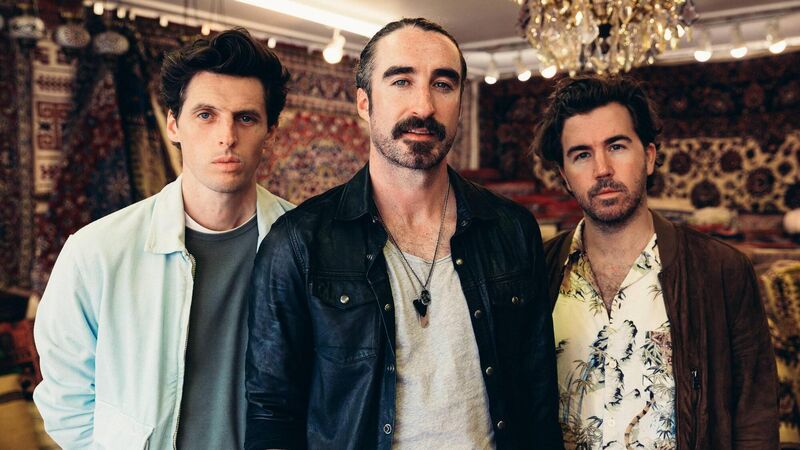The Coronas: Danny O'Reilly on a new album, and sharing a name with a virus

The Coronas: Conor Egan, Danny O'Reilly, Graham Knox.
For a few scary weeks early in the pandemic, it crossed Danny O’Reilly’s mind that Coronavirus might pose a clear and present danger to The Coronas. His band’s name carried the faintest echoes of the infection that had sent the world into hibernation and in the international press, journalists were having fun drawing a parallel between the two.
Cue lots of articles about The Coronas having the “unluckiest” moniker in pop. As lockdown descended he wondered: was this going to be a thing?




